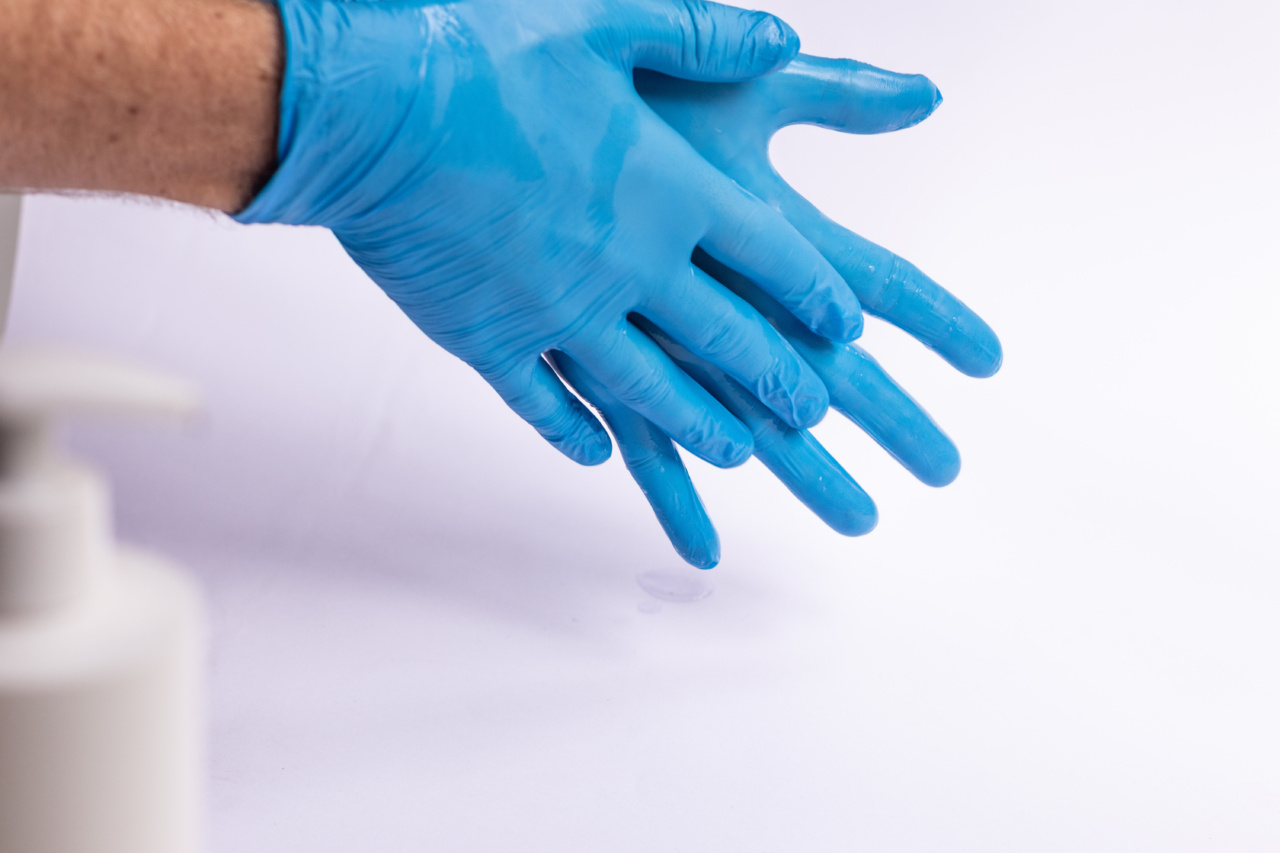Hand hygiene is the most effective way to avoid the spread of germs and prevent infections. Hands can carry microorganisms that cause viral and bacterial infections, such as the flu, colds, and gastroenteritis.
When you touch your face or another surface with your hands, you can transfer these germs.
According to the Centers for Disease Control and Prevention (CDC), handwashing can reduce the risk of respiratory and diarrheal infections by 20 percent and the chances of catching the flu by 50 percent.
Proper hand hygiene can also prevent the spread of antibiotic-resistant infections, such as Methicillin-resistant Staphylococcus aureus (MRSA) and Clostridioides difficile (C. difficile).
When to Clean Your Hands?
You should clean your hands:.
- Before and after eating or touching food, especially raw meat, poultry, seafood, and eggs.
- Before and after providing care to a sick person, such as nursing, feeding, or giving medication.
- After using the toilet or changing a diaper.
- After blowing your nose, coughing or sneezing.
- After touching an animal, animal feed, or animal waste.
- After handling garbage, household or garden chemicals, or contaminated items.
- Whenever your hands are visibly dirty or contaminated with blood, bodily fluids or other harmful substances.
Washing your hands regularly is a good habit to get into, even if you don’t think your hands are dirty.
How to Clean Your Hands Properly?
Clean your hands with soap and water or alcohol-based hand sanitizer.
Hand Washing
Follow these steps when washing your hands:.
- Wet your hands with clean running water, and apply soap.
- Rub your hands together to create a lather, and scrub all surfaces, including the backs of your hands, wrists, between your fingers, and under your nails for at least 20 seconds.
- Rinse your hands thoroughly under running water.
- Dry your hands with a clean towel or air dry them.
Use warm water if available, as this enhances lather formation and cleans your hands more efficiently. Always use soap when washing hands, as it helps to remove dirt, grease, and germs more effectively than water alone.
Alcohol-Based Hand Sanitizer
Use alcohol-based hand sanitizer when soap and water are not available. Follow these steps:.
- Apply the product to the palm of one hand.
- Rub your hands together.
- Rub the product over all surfaces of your hands and fingers until completely dry.
Alcohol-based hand sanitizers are effective in killing many types of germs that cause infections, but they do not eliminate all types of germs.
Tips for Effective Hand Hygiene Practice
To prevent the spread of germs and keep your hands clean, follow these tips:.
- Wash your hands before and after doing specific activities. Always wash your hands with clean running water and soap.
- Avoid touching your face, especially your eyes, nose, and mouth, with unwashed hands, as this can facilitate the spread of germs into your body.
- Stay away from people who are sick, and avoid crowds during flu season.
- Cough and sneeze into a tissue or your elbow, not your hands. Throw away used tissues immediately.
- Use hot water and the wash towel in the kitchen every day.
- Use hand sanitizer or wipes to clean shared surfaces and objects, such as doorknobs, keyboards, and phones.
- Wear gloves when cleaning to avoid germs and chemicals contacting your skin.
Conclusion
Clean hands are essential to maintain good health and avoid infections. Simple hand hygiene measures, such as washing your hands with soap and water or using alcohol-based hand sanitizers, can prevent the spread of germs that cause infections.
Regular hand washing and avoiding touching your face are good habits to get into, especially during flu season or when around sick people. By practicing effective hand hygiene, you can reduce the risk of catching and spreading viruses and bacteria, and keep yourself and others healthy.






























